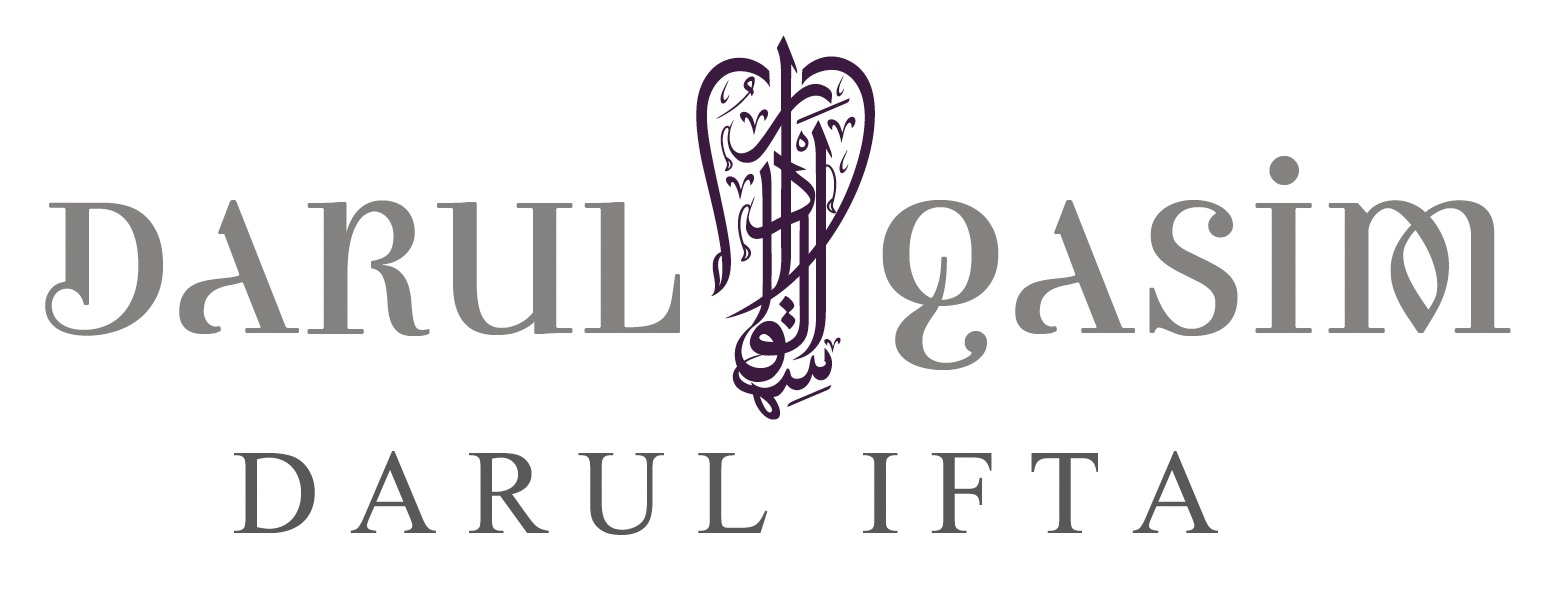Tatoos & Ear Piercings
Question
Salaams!
I’ve read different things about the (im)permissability of tattoos in Islam under the umbrella of body modifications and altering what Allah (SWT) has given you.
1) What are the rulings on tattoos in Islam and why?
2) How are piercings different from tattoos and why are they permissible when compared to tattoos if they do alter the creation of Allah in a permanent way?
Answer
Wa ‘alaykum al-Salām wa raḥmat Allah wa barakātuh.
In the name of Allah, The Most Gracious, The Most Merciful.
Allāh ta‘ālā has created the desire of adornment within the nature of the woman. The āyāt, “…she who is raised in jewelry… [Zukhruf:18]” and “let them not strike [the earth] with their feet such that what they conceal, of their adornment, become known... [Nūr:18]” both address this. As with every permissible matter, the Sharia has laid down guidelines and boundaries for adornment. Tattoo-making, as the Messenger of Allah ﷺ has informed us, draws the wrath of Allah, whether it is deemed a method of beautification or not.[1] Tattooing also falls under the general prohibition of altering the creation of Allah as it involves continuous piercing of the skin (damaging the epidermis) and inserting ink into the dermis, trapping it there permanently and, in all practicality, changing one’s natural look (Nisāʾ:119). As for earrings, they were commonly worn by women at the time of The Messenger of Allah ﷺ and he ﷺ did not prohibit them from wearing them, signaling a tacit approval from his ﷺ side. He ﷺ even accepted earrings that were given in zakāt as recorded by Imām al-Bukārī in his Ṣaḥīḥ. The size of normal ear piercings is insignificant, impermanent, and does not change the appearance of the ear. Some scholars have allowed nose piercing as it is analogous to ear piercing.
In short, the prohibition of tattooing is from the Messenger of Allah ﷺ, and the allowance of ear piercings is also from the Messenger of Allah ﷺ. His ﷺ Sunnah has demonstrated the parameters of ‘alteration’ and ‘adornment’.[2]
And Allah knows best.
[1] Muḥammad b. Ismā‘īl al-Bukhārī, “Kitāb al-Libās, Bāb al-Mutafallijāt li-l-Ḥusn,” in Ṣaḥīḥ al-Bukhārī, ed. by a group of scholars (Egypt: Sulṭāniyyah, 1311), 7:164:
حدثنا عثمان: حدثنا جرير، عن منصور، عن إبراهيم، عن علقمة عن عبد الله: «لعن الله الواشمات والمستوشمات والمتنمصات والمتفلجات للحسن المغيرات خلق الله تعالى، ما لي لا ألعن من لعن النبي صلى الله عليه وسلم وهو في كتاب الله: {وما آتاكم الرسول فخذوه}
[2] Ibid., “Kitāb al-Libās, Bāb al-Qurṭ li-l-Nisā’,” 7:158:
حدثنا حجاج بن منهال: حدثنا شعبة قال: أخبرني عدي قال: سمعت سعيدا، عن ابن عباس رضي الله عنهما، «أن النبي صلى الله عليه وسلم صلى يوم العيد ركعتين لم يصل قبلها ولا بعدها، ثم أتى النساء ومعه بلال، فأمرهن بالصدقة، فجعلت المرأة تلقي قرطها
Muḥammad Amīn Ibn ‘Ābidīn, Ḥāshiyat Ibn ‘Ābidīn, 2nd ed. (Egypt: Sharikat Maktabat wa Matba‘at Muṣṭafā al-Bābī wa-l-Ḥalabī wa Awlādi-h, 1386/1966), 6:420:
ظاهره أن المراد به الذكر مع أن ثقب الأذن لتعليق القرط، وهو من زينة النساء، فلا يحل للذكور، والذي في عامة الكتب، وقدمناه عن التتارخانية: لا بأس بثقب أذن الطفل من البنات وزاد في الحاوي القدسي: ولا يجوز ثقب آذان البنين فالصواب إسقاط الواو
Mullā ‘Alī al-Qārī, Fatḥ Bāb al-‘Ināyah, ed. Muḥammad and Haytham Nazār Tamīm, (Beirut: Sharikat Dār al-Arqam b. Abī al-Arqam), 3:32:
ولا بأس بثقب أذن الصغيرة لأنه للزينة فصار كالختان
Mawlānā ‘Abd al-Ḥayy al-Laknawī, Naf‘ wa-l-Muftī wa-l-Sā’il bi Jam‘ Mutafarriqāt al-Masā’il in Majmū‘at Rasā’il al-Imām al-Laknawī, 1st ed. ed. Na‘īm Ashraf Nūr Aḥmad (Karachi: Idārat al-Qur’ān, 1419), 4:196.
Muftī Riḍā’ al-Ḥaqq, Fatāwā Dār al-‘Ulūm Zakariyyā, ed Muḥammad Ilyās b. Afḍal Shaykh (Karachi: Zamzam Publishers, 2017), 7:270-271 and 7:277-278.
Muftī Maḥmūd Ḥasan Gangohī, Fatāwā Maḥmūdiyyah, supervised by Mawlānā Salīm Allah Khān (Karachi: Dār al-Iftā’ Jāmi‘ah Fārūqiyyah), 19:370.
Mawlānā Yūsuf Ludhyānvī, Āp ke Masā’il aur un ka Ḥall, (Maktabāh Ludhyānvī), 8:345.
Muftī Salmān ManṣūrPūrī, Kitāb al-Nawāzil, ed. Muftī Muḥammad Ibrāhīm (Karachi: Dār al-Ishā‘at, 2016), 15:482-484.
